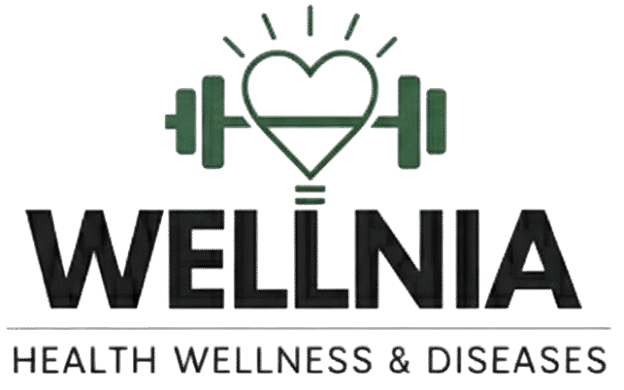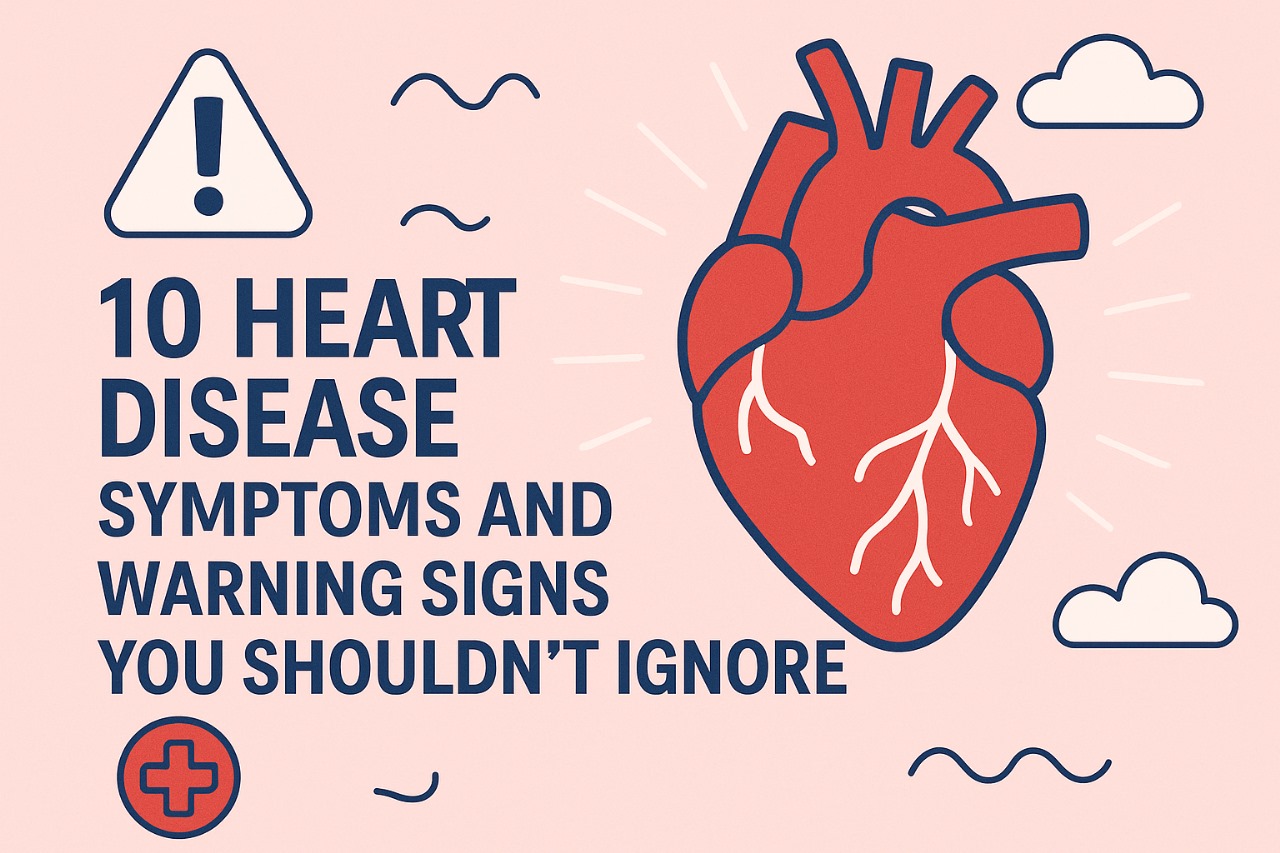Introduction
Heart disease is the leading cause of death worldwide, but it often develops silently over
time. Many people have no idea their heart is in trouble until something serious happens, like
a heart attack or stroke. That’s why it’s so important to understand the early signs and
symptoms of heart disease.
These heart disease symptoms can vary depending on the type of heart disease, your age, and even your
gender. Recognizing the red flags early gives you a better chance of getting treatment,
improving your heart health, and even reversing damage before it’s too late.
In this blog post, we’ll explore the 10 most common heart disease symptoms, what they
might indicate, and when to seek medical attention.
1. Chest Pain or Discomfort (Angina)
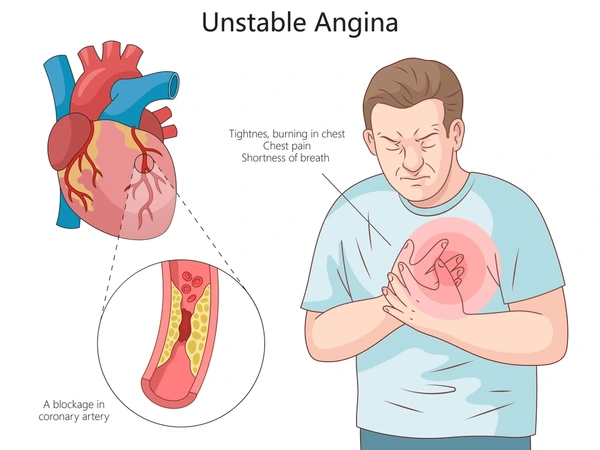
One of the most recognizable heart disease symptoms is chest pain, also called angina. It
happens when your heart doesn’t get enough oxygen-rich blood, usually due to narrowed or
blocked coronary arteries. You might feel:
- Pressure or squeezing in your chest
- Pain that spreads to your arm, shoulder, neck, or jaw
- A burning or aching sensation
For some people, this discomfort is mild and lasts just a few minutes. For others, it may be
intense or mistaken for heartburn.
📝 Note: If the chest pain occurs during physical activity or emotional stress and improves
with rest, it’s likely related to your heart. However, any unexplained chest pain should be
evaluated immediately.
2. Shortness of Breath
Feeling short of breath can be a warning sign that your heart is not working as well as it should. This can happen when you are active, lying down, or even doing nothing at all. The problem may be due to blood flowing back into the vessels that link your lungs and heart, which can cause fluid to collect in your lungs..
You might experience:
- Difficulty breathing while walking
- The need to sleep with more pillows
- Waking up gasping for air
Shortness of breath is often one of the early heart disease symptoms, particularly in conditions like congestive heart failure or valve disease, especially when it occurs alongside swelling in the legs or feet.
3. Swelling in the Legs, Ankles, or Feet (Edema)
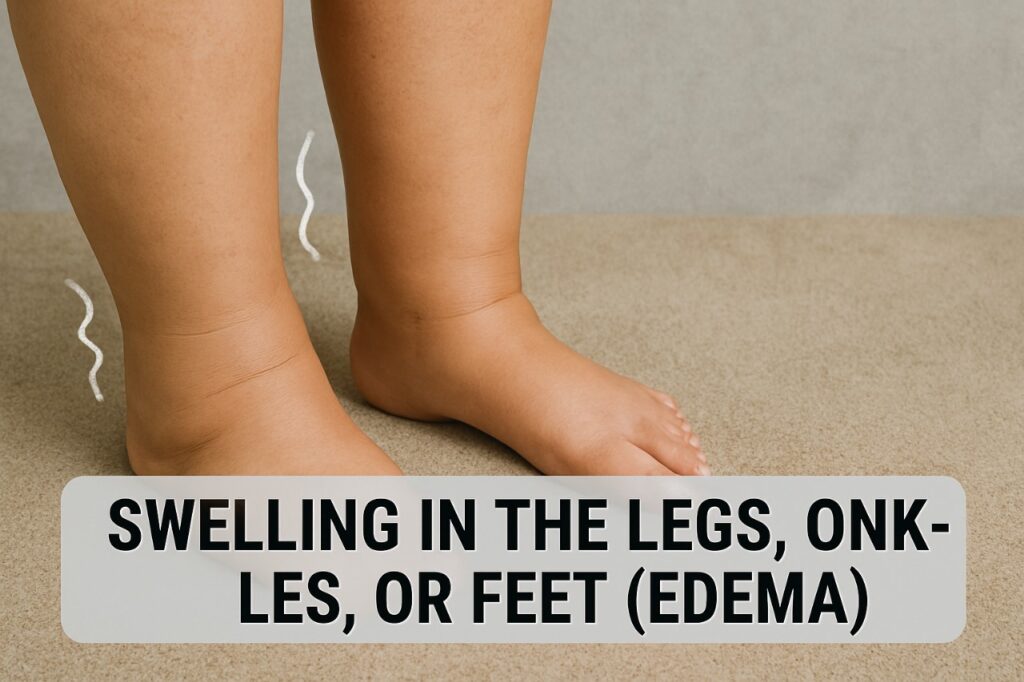
Swelling in the lower parts of the body, particularly the feet and ankles, is a common
Symptom of right-sided heart failure.
When the heart can’t pump efficiently, blood returning to the heart slows and causes fluid to
collect in the tissues. The kidneys may also struggle to remove extra salt and water, adding
to the swelling.
Look out for:
- Tight shoes or socks
- Puffy ankles by evening
- Swelling that worsens with long periods of standing
Persistent swelling could also indicate problems with the liver or kidneys, but if combined
With other heart disease symptoms, it’s important to consult a doctor.
4. Unusual Fatigue or Weakness
Feeling exhausted all the time, even without physical exertion, could be your heart’s
way of asking for help.
When your heart isn’t pumping enough blood to meet your body’s needs, your muscles and
organs suffer. This can lead to constant tiredness, especially in women.
You may experience:
- Fatigue that worsens with minimal activity
- A sense of heaviness or tired limbs
- Difficulty focusing or staying awake
Fatigue is commonly overlooked, but it can be a powerful early heart disease symptoms, especially in
Women with coronary artery disease.
5. Irregular Heartbeat (Arrhythmia)
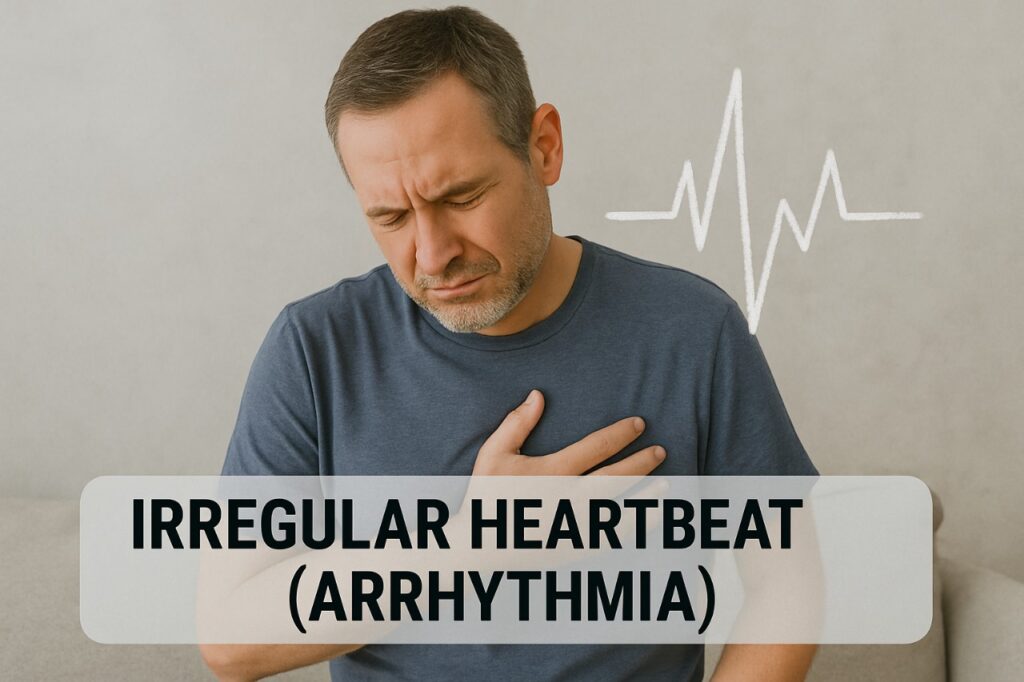
It’s normal for your heart rate to speed up during exercise or slow down while you sleep. But
If your heartbeat feels irregular, fluttering, or skipping, it might signal an arrhythmia.
Common sensations include:
- A racing or pounding heart
- Palpitations (feeling like your heart is flipping or fluttering)
- Slow or uneven heartbeat
Arrhythmias may occur due to structural issues, heart damage, or electrical signal problems.
While some are harmless, others, like atrial fibrillation, can raise your risk of stroke or
heart failure.
6. Dizziness, Lightheadedness, or Fainting
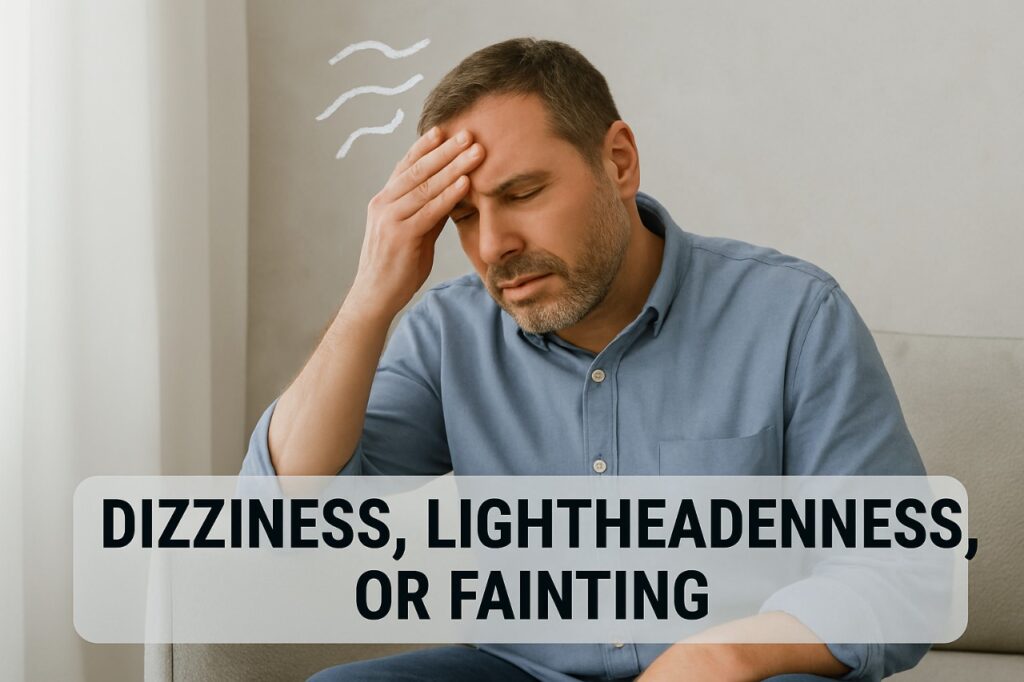
Your brain needs a constant supply of oxygen-rich blood to function properly. If your heart
isn’t pumping enough, you may feel:
- Dizzy when standing up
- Lightheaded or faint
- Disoriented or confused
These heart disease symptoms often result from low blood pressure, arrhythmias, or even valve problems.
If you experience unexplained fainting or regular dizziness, get evaluated, especially if it
happens with chest pain or shortness of breath.
7. Pain in the Arm, Neck, Jaw, or Back
Heart problems don’t always cause chest pain. Sometimes, especially in women, the pain is
felt in other parts of the body, like the:
- Left arm or both arms
- Upper back
- Neck or throat
- Jaw (particularly the lower jaw)
This type of pain can appear suddenly or build slowly and may feel dull, sharp, or like
pressure. These symptoms often occur during physical activity or stress.
📌 Tip: If you feel pain in any of these areas without a clear cause, especially if it’s
accompanied by nausea or sweating, get emergency help
8. Nausea, Indigestion, or Stomach Pain
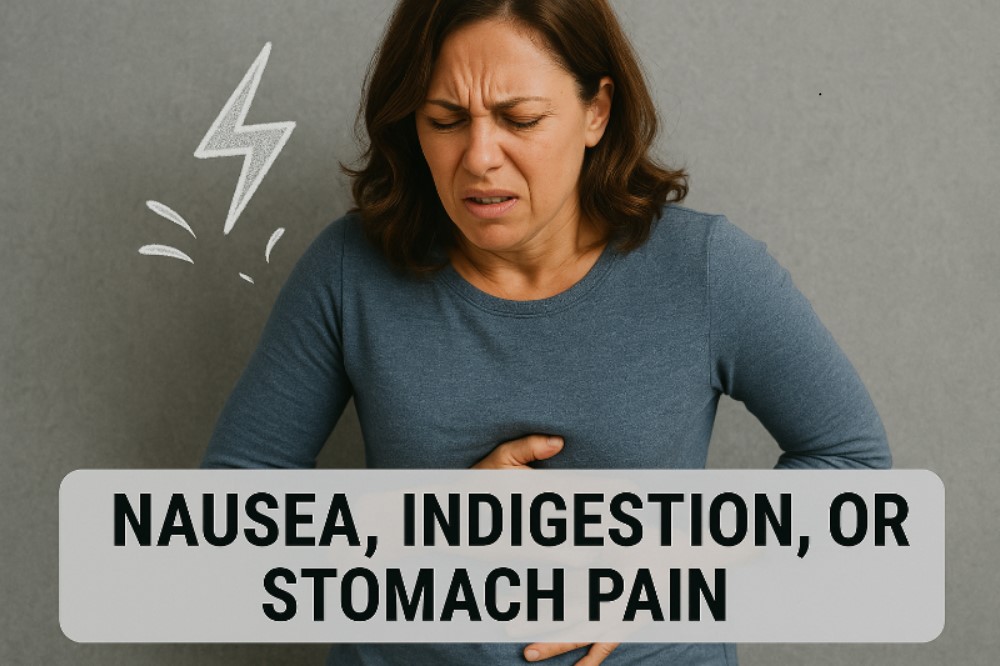
Some people, especially women, experience digestive discomfort during a heart attack or
Due to other heart conditions.
You may feel:
- Nausea without a clear reason
- Vomiting or an upset stomach
- Feeling full or bloated after eating a small meal
These heart disease symptoms are often mistaken for gastrointestinal issues, but can be a red flag
especially when combined with other signs like shortness of breath or cold sweats.
9. Cold Sweats
Sweating during exercise or hot weather is normal. But breaking out in a cold sweat while
Sitting or resting can be a symptom of a heart attack.
It’s caused by the body reacting to stress or pain due to poor blood circulation.
Look out for:
- Clammy skin
- Sweating not related to heat or exertion
- Feeling suddenly ill or anxious
Men are more likely to experience these heart disease symptoms than women, but it can affect anyone during a cardiac event.
10. Confusion or Trouble Thinking Clearly
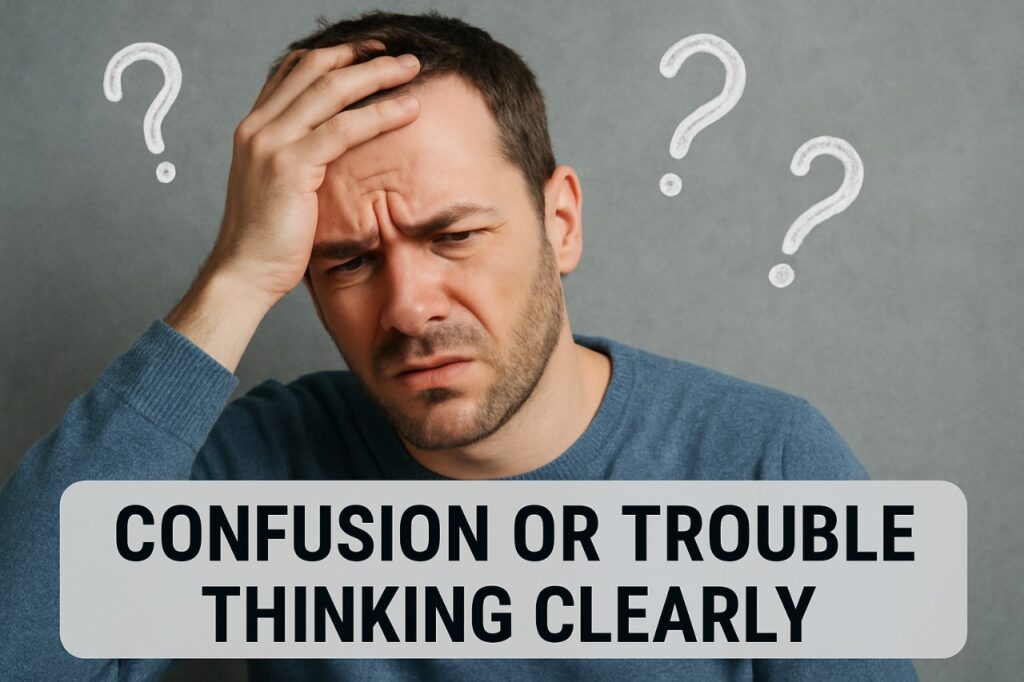
In older adults, memory problems, confusion, or difficulty concentrating may be signs of
decreased blood flow to the brain due to heart disease.
This could be caused by:
- A drop in blood pressure
- Heart failure
- Stroke risk
These heart disease symptoms may be subtle at first, but can worsen over time if the underlying heart problem isn’t treated.
The CDC highlights that over 695,000 people in the U.S. die from heart disease annually a staggering and preventable statistic.
When to Seek Immediate Medical Help
Call emergency services right away if you experience:
- Chest pain or pressure that lasts more than a few minutes
- Shortness of breath, especially if sudden
- Cold sweats, nausea, or lightheadedness
- Sudden weakness or pain in your jaw, arms, or back
If you experience symptoms like chest discomfort, shortness of breath, or cold sweats, don’t ignore them they could be early warning signs of a heart attack. According to the American Heart Association, recognizing these signs early and seeking help immediately can save your life.
Final Thoughts: Listen to Your Body
Heart disease symptoms can often be subtle and mistaken for other issues. That’s why it’s essential to have routine check-ups, follow a heart-healthy lifestyle, and stay informed about potential warning signs.
If you notice any signs that could indicate heart problems, even if they seem minor, it’s essential to consult a doctor. Catching the condition early can reduce the risk of serious health problems and support a longer, healthier life.
TO KNOW ABOUT SUPERFOODS FOR BOOSTING YOUR HEART, CLICK HERE
TO READ MORE ABOUT PHYSICAL ACTIVITY TO KEEP YOUR HEART HEALTHY, CLICK HERE
Symptoms of heart disease can vary based on the type and severity of the condition. The Mayo Clinic explains that common signs may include chest pain, fatigue, and irregular heartbeat, all of which should never be ignored.
